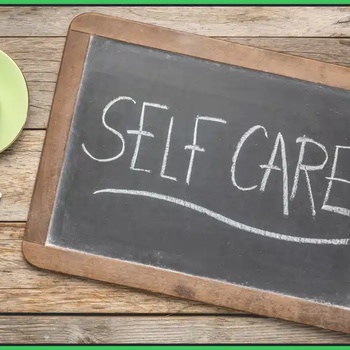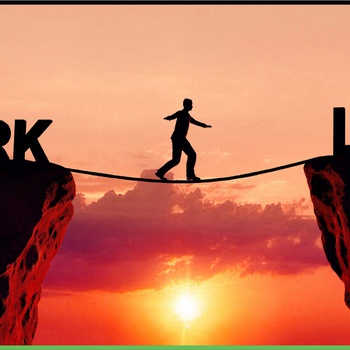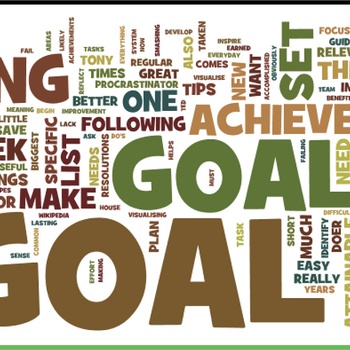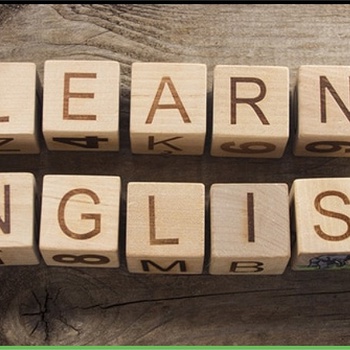Consistency is a tough nut crack but what is even more difficult is not getting distracted. Diversions have become attractive and engaging with today’s connected world. Distractions are possible even when you are alone, as you are just a click or a notification away to get carried away.
The ability to concentrate and not being distracted is critical to learning new things, keeping on track, and achieving your long-term goals. Fortunately, it is not unachievable as it is a lot like a mental practice. The more you work on honing it, the stronger you get at it.
What affects concentration?
Trouble in concentrating and focusing can associate with various things surrounding you. Various reasons ranging from interruptions from people to distractions from phones affect your ability to focus. There are a few other possibilities too that impact your concentration:
- ADHD (Attention-deficit/hyperactivity disorder): ADHD creates learning and memory challenges for both kids and adults. ADHD is characterized by a persistent pattern of hyperactivity, inattention, and impulsivity. Brain training and other treatments can cure ADHD.

- Cognitive impairment: is known to impact concentration, learning, and memory. These issues can develop inabilities, brain injuries, and neurological functions that cause issues for brain functioning.
- Mental health concerns: including stress, anxiety, and depression give hard time concentrating and focusing. It makes it hard to focus, learn, and concentrate.
Improving focus is achievable, but not as easy as you assume it to be. It demands time, effort, and patience. Here are a few tips and tricks to help you develop focus and concentration:
- Train your brain:
Certain brain teasers and brain training games are known to enhance your focus and concentration. They include:
- Sudoku
- Crossword puzzles
- Chess
- Scrambles
- Memory games
- Jigsaw puzzles
A 2015 study has revealed that 4,715 adults, who spend 15 minutes a day on brain training activities, have better concentration than the others. Brain training activities can have a have a huge impact on your working and short-term memory as well.
- Improve sleep:
Sleep deprivation is one of the major causes of decreased concentration. It can also harm memory and attention. While occasional sleep deprivation might not cause any serious issues, regular sleep deprivation will have a long-term impact on your mood, performance, and other cognitive functions including attention, focus, concentration, and memory. Experts recommend 7 to 8 hours of sleep for better mental health.

- Spend time with nature:
Nature can bring peace and calm to your brain and can increase concentration. 15 to 20 minutes with nature daily can have a positive impact on your cognitive functioning. A study in 2014 suggested that including plants in office spaces helped increase concentration and productivity as well as workplace satisfaction and air quality. You can add a couple of succulents to your home if you don’t have a green thumb.

- Meditation:
I cannot resist quoting the benefits of meditation when it comes to mental health and enhancing cognitive performance. Meditation is not just sitting with closed eyes, it is about mindfulness, yoga, deep breathing, and many other activities that have a long-lasting impact on your mental health.
A 2011 study found evidence to suggest that mindfulness training enhances attention and focus.

- Music:
Music is a medicine to the human brain. If you are struggling with constant distractions and other issues of cognitive functioning, music is the best healing drug. Even if you are not a great music lover, use nature sounds or white noise to mask background sounds that help improve focus and concentration.

- Vary in diet:
There is almost nothing that your diet cannot fix. The foods you eat impact your cognitive functioning. Avoid eating processed foods including excessive amounts of sugar, salt, and fatty foods as these are known to decrease the effective functioning of your brain. Try consuming healthy food including:
- Fish
- Eggs
- Leafy vegetables
- Fruits
- Nuts
Apart from this, try staying hydrated as it will have a positive impact on focus and concentration.

- Take a short break:
It is hard to stay focused 24*7. After a while, your focus starts to break down no matter how hard you try. Everything has a tipping point and you must realize that your ability to focus too has a tipping point beyond which it is unproductive and useless to stay on track. It is important to maintain energy. So, taking occasional breaks can help in improving focus and concentration.
- Caffeine:
While caffeine, in general, is considered bad, but research suggests that caffeine can benefit focus and concentration. Consider a cup of coffee, green tea, or dark chocolate if you think you are losing concentration.
- Keep practicing:
Last but not the least, don’t forget to practice. Whatever you embark upon, be sure to maintain the continuity to reap the benefits of your practice. Building mental focus is not an overnight task, even athletes take time and energy to build concentration and focus.
Concentration and focus are other key skills that take you to your goals. The initial step is to identify and recognize your distractions. If you are getting distracted or finding it hard to focus, it is time to start focusing on your focus enhancement activities.




















